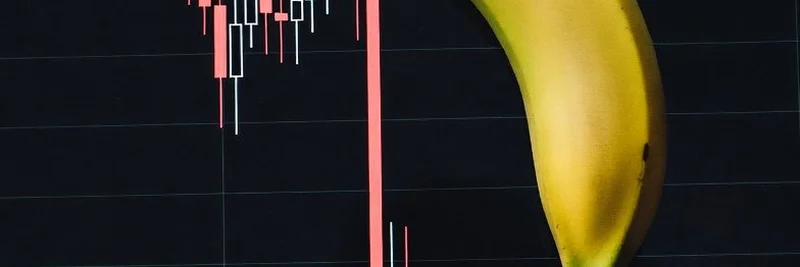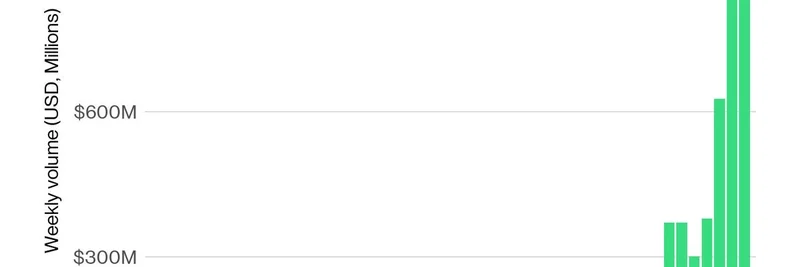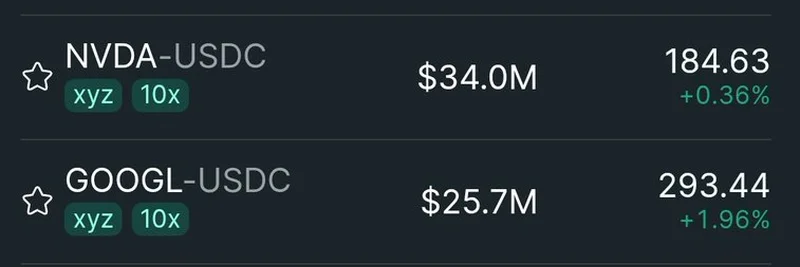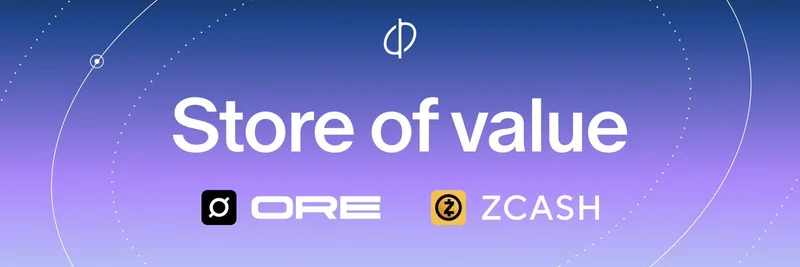Hey there, meme token enthusiasts! If you're knee-deep in the wild world of blockchain and crypto, you've probably heard of Raoul Pal, the macro guru behind Global Macro Investor and Real Vision. He's got a knack for spotting big-picture trends that ripple through markets, including our beloved meme coins. Recently, he dropped a tweet that's got everyone buzzing about the Federal Reserve's balance sheet and what it means for liquidity – you know, that sweet money flow that can turn a sleepy market into a full-on pump fest.
In his tweet, Raoul quotes a speech from Federal Reserve Governor Stephen Miran, who talked about "regulatory dominance" over the Fed's balance sheet. Basically, Miran argues that strict banking rules are forcing the Fed to keep a massive pile of reserves and assets, not because of wild government spending (that's fiscal dominance), but due to regulations that make banks hoard safe stuff like reserves and Treasuries. These rules create a tug-of-war: banks need to hold liquid assets for safety, but capital requirements punish them for it, leading to higher costs and less flexibility.
Miran suggests tweaks like excluding Treasuries from certain leverage calculations to ease the pressure, which could shrink the Fed's balance sheet over time. He even floats ideas about the Treasury getting more involved, such as paying interest on the Treasury General Account (TGA) or having the Fed hold short-term assets like T-bills to smooth things out. For more details, check out the full speech.
Raoul sees this as the setup for a major pivot: shifting liquidity ops from the "independent" Fed to the Treasury, giving politicians more direct control over funding government debt through banks and bill issuances. In plain English? It's like handing the money printer keys to the folks who love spending, potentially leading to "debasement" – that's when currency loses value over time due to more money chasing the same goods. Raoul calls it "state/politically managed debasement via fiscal dominance," bypassing the Fed's checks and balances.
Now, why should meme coin holders care? Meme tokens like Dogecoin, Shiba Inu, or the latest viral sensations thrive on speculation and excess liquidity. When money floods the system, risk assets – including crypto – often skyrocket. Raoul's been hyping the "Banana Zone" for a while, a term he coined for that explosive phase where liquidity cycles drive massive gains in tech stocks, Bitcoin, and yes, altcoins including memes. According to his explanations, it's the acceleration part of the market cycle, often kicking in during macro summers and falls due to global liquidity boosts.
But the community isn't all aboard yet. Replies to Raoul's tweet are mixed – some are hyped, others are dunking on him with memes about the Banana Zone going sour amid recent market dips. Check this one out:
It's a cheeky reminder that timing is everything in crypto. Markets have been choppy, with Bitcoin and alts pulling back, leading to quips like "Where is banana zone?" or "Nice banana zone, thanks Rug Paul." Fair point – liquidity promises don't always deliver overnight.
Still, if Raoul's right and this regulatory rethink paves the way for Treasury-led liquidity injections, it could be rocket fuel for meme coins. Think about it: more debasement means investors hunt for hedges like Bitcoin, but the fun money spills into memes for those moonshot gains. We've seen it before in bull runs – liquidity turns frogs into princes and dogs into billion-dollar empires.
For blockchain practitioners, this is a heads-up to watch macro signals closely. Meme Insider is all about arming you with the knowledge to navigate these twists, so keep an eye on Fed announcements and Treasury moves. If the Banana Zone does hit, your favorite meme tokens could be the biggest winners. What do you think – is fiscal dominance a boon or a bust for crypto? Drop your takes in the comments!




